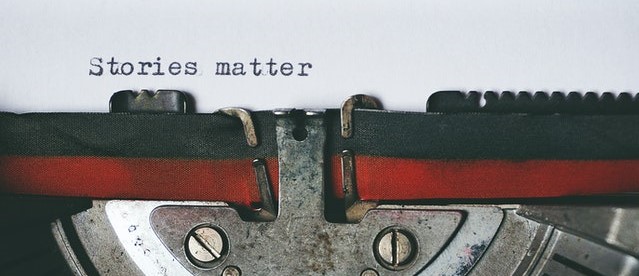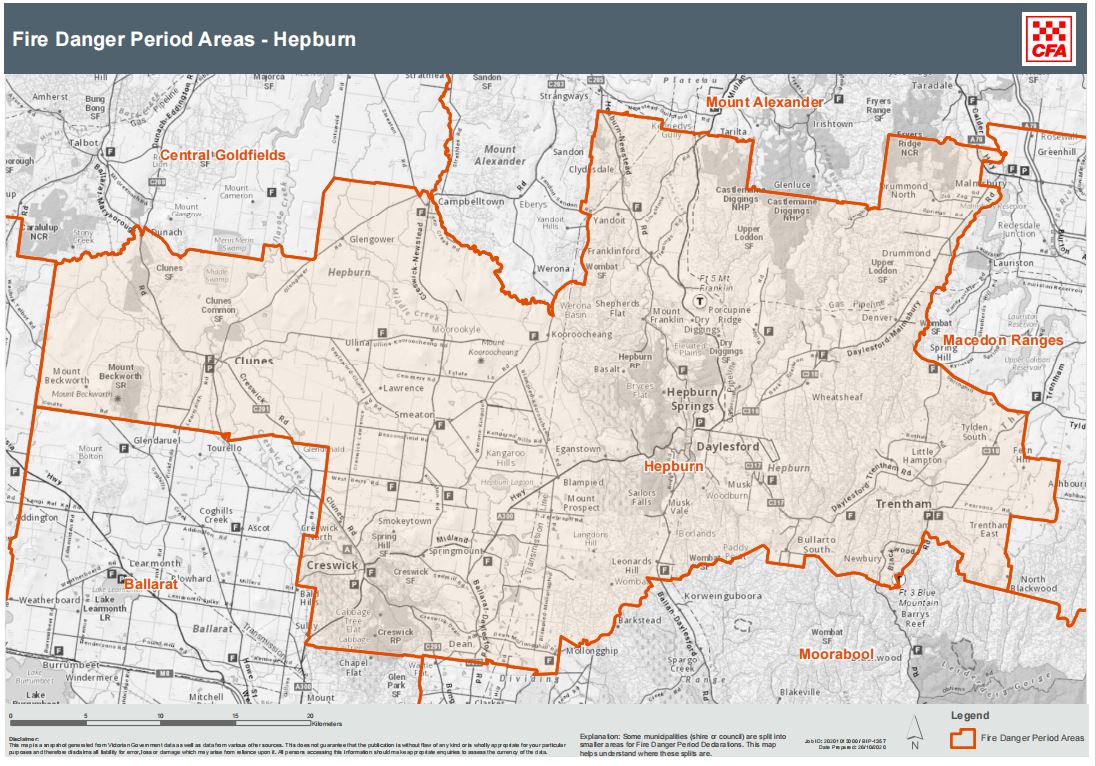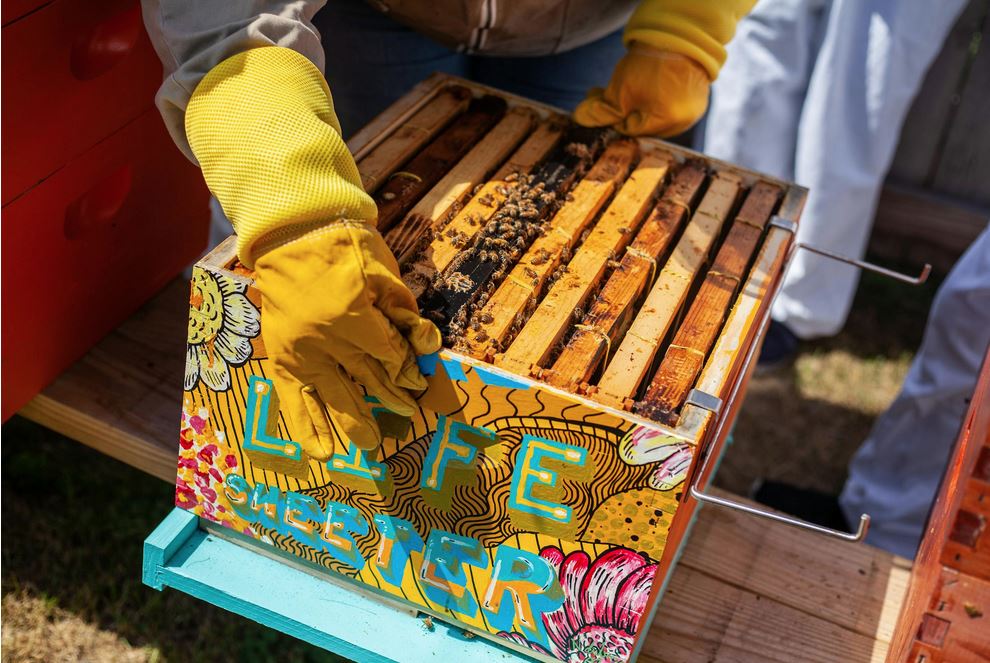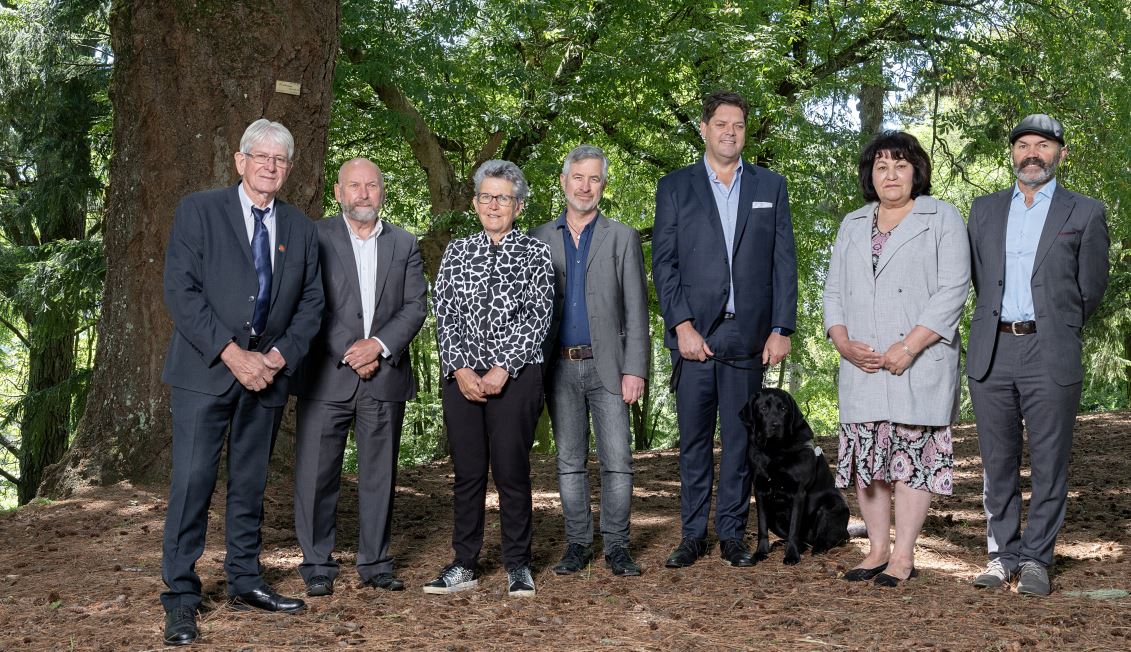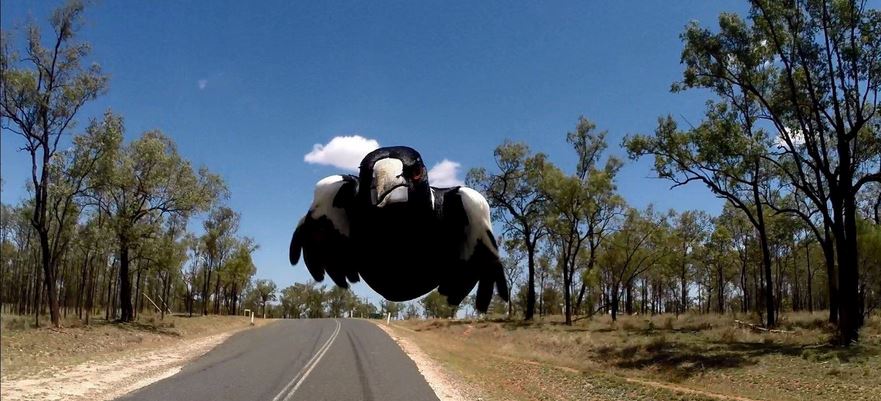June 5th, 2022The Last Word – Gun control, or not
THE New York Times recently published a graph illustrating the number of “mass shootings”, defined as “public shootings in which four or more people were killed”, in “developed countries”, from 1998 to 2019.
The United States of America tops the list, with 101 causing deaths. Second is France, with eight. Australia is in a group near the bottom of the list, with one.
According to the US National Public Radio, there have been 213 (deaths and injuries) “mass shootings” here in 2022, although the phrase “mass shootings” is too clinical, divorced from the visceral emotional impact of what are, in truth, mass murders. In the most recent of these, in a grocery store in Buffalo, New York, and in a primary school in Uvalde, Texas, 31 men, women and children were killed by two separate teenagers armed with high-powered firearms.
At this point it needs to be made clear that I do not own any guns. I have no need of guns. I don’t hunt or belong to a shooters club. I don’t farm and am content to share my six hectares of land with pests such as burrowing ground squirrels and odoriferous skunks. I salute Australia’s wise and brave actions to control the spread of guns, and fervently hope the US can find the courage to follow Australia’s lead.
I grew up with guns. My father kept a .45-calibre pistol in the bottom drawer of his dresser, under some shirts, a souvenir from his years in the US Army. It was always stored unloaded but there was also a couple boxes of ammunition in the same drawer. Us children – me and my younger sister and brother – knew it was there, knew it was our father’s gun, and knew it wasn’t to be touched.
Later, in my early teens, I went out with my dad and we fired his .45 at some cardboard boxes. He explained that the gun’s design made it a poor target-shooting pistol because the bullet began to tumble, soon after leaving the barrel, making it inaccurate at anything but short range. He pointed out how the bullet made a small hole upon entering the box target, but that the exit hole was much larger, It was a gun made for killing things (people) at relatively close range.
My grandfather – the man who built the house in which I now live with my wife, Carol – liked to hunt and had guns in his house. He had a shotgun, a .22 rifle, and a classic Winchester rifle like the ones in the cowboy movies. He kept them hanging on hooks on the backside of a beam in his basement – the same room in which I now sit, only it’s been converted into a guestroom/office.
When I was a child – probably not more than five, I was staying here with my grandfather. I remember being upstairs and Grandpa was outside; I could see him through the open front door, down on the driveway, about 15 metres away, saying goodbye to some friends in their car. I don’t know why, but he’d left one of his rifles laying on a table.
I picked it up and, as if it was a toy, stood in the doorway and pointed it in my grandfather’s direction, and, laughing, shouted “bang bang”. I guess it wasn’t loaded, or maybe I didn’t pull the trigger, but he looked up at me, quickly concluded his conversation, and strode back to the house. He took the rifle from my hands, and gave me a solid spanking followed by a stern lecture about pointing guns at people.
Yes, he was at fault for leaving his rifle out when there was an unsupervised child in the room, but in what educators call a teachable moment, he taught me a lesson in gun safety.
Unfortunately, I don’t expect the US to learn a lesson about gun safety any time soon. A recent article published by The Conversation website, headlined “How the NRA evolved from backing a 1934 ban on machine guns to blocking nearly all firearm restrictions today”, by Professor Robert Spitzer, does an excellent job of explaining the political forces being brought to bear to ensure that no meaningful action is taken to control gun-related violence in the US.
The problem is not only political, however. The cultural divisions in this country are deep and wide. Our local TV channel is owned and operated by the Sinclair Broadcast Group, a conservative media company. Soon after the slaughter of children and adults in Buffalo, New York, the network published an online report of the event. Here are a few of the comments – unedited – the story attracted:
- “My heart breaks for the kids and family, I am pro 2a and without it we would have no rights, that being said why do we not protect our schools like our banks and federal buildings? Do deep background checks and rehire vets to guard them, I’m sure there would be many willing.”
- “If they treated the kids like they treat the banks and money,no one would need to worry anyways. Also there are many schools in texas that have armed teachers,that helps prevent stuff like this as well.
*“When you plaster a giant gun free zone sign everywhere,that makes you a target,but when you see signs that say “teachers and staff are armed” or “this is not a gun free zone “you don’t generally have people thinking it’s a good idea to shoot up anything. I am sickened by the loss of all of theses innocent babies and I wish the school would have had someone there to stop this from happening. My heart goes out to their families,and may God be with them.” - “This is very sad. I wonder if this would have happened if the teachers were armed.”
- “We need to bring God back in Schools, and America itself.”
The solution to this problem, then, according to many Americans, is more guns, turn schools into fortified compounds, and pray. The commentator who self-describes as “pro 2a” is referring to the 2nd Amendment to the US Constitution, which guarantees an American’s right to own firearms. The author adds: “without it we would have no rights”. This is one of the most powerful false narratives that keep people here fearfully clutching their deadly weapons and refusing to accept any form of gun control.
After many happy years living in Victoria and working at The Age, former Wheatsheaf resident Jeff Glorfeld, and his wife Carol, went back to California, the land of his birth, where in the past four years he has survived bushfires, snowstorms and drought. And Trump. And Covid. The cicadas and locusts didn’t arrive. Well, not yet.


